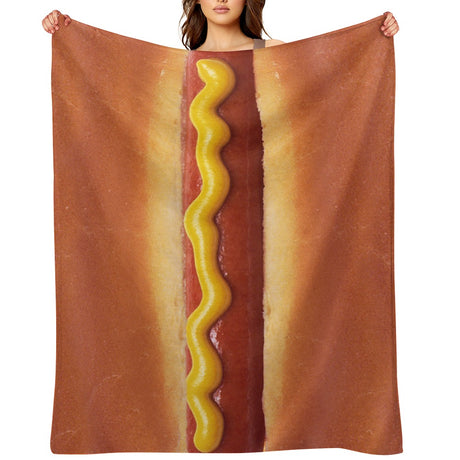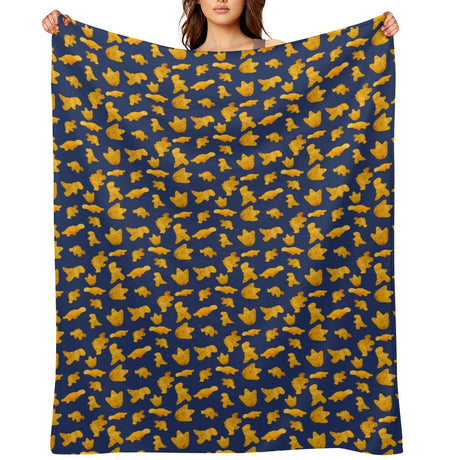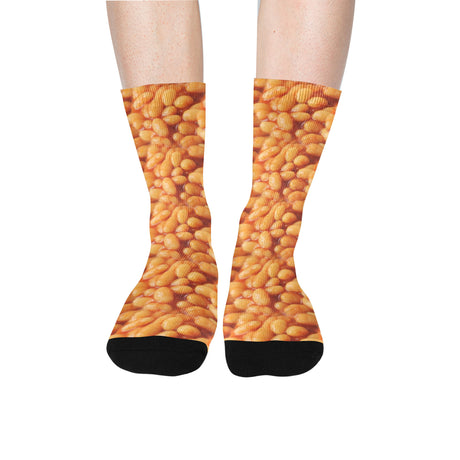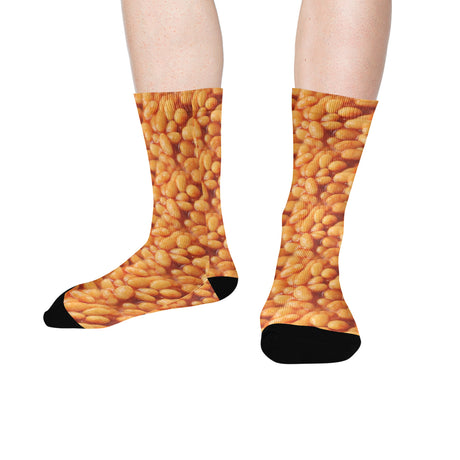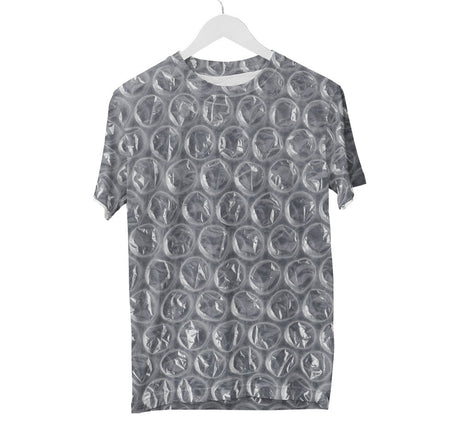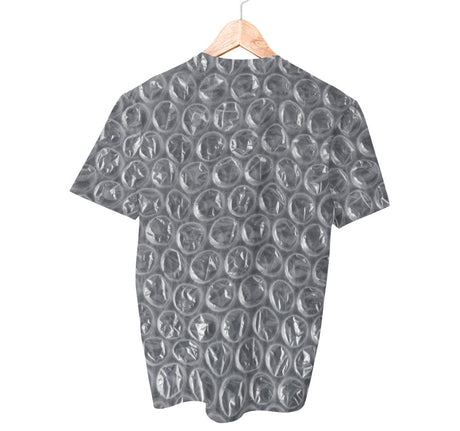What's in a Name?
Have you ever wondered why a delicious, round pastry with a hole in the middle is called a "donut"? It's a question that has puzzled many, and today we're going to dive into the fascinating history behind this sweet treat's peculiar name.
A Twist of Fate
Legend has it that the term "donut" originated in the early 19th century when a New England ship captain named Hanson Gregory decided to revolutionize the way he enjoyed his pastries. Tired of the greasy centers and undercooked dough, he came up with a brilliant idea. He took a round piece of dough and used the ship's tin pepper box to punch a hole through the center. This innovative technique allowed the dough to cook evenly, resulting in a perfectly golden and fluffy treat.
A Hole New World
Now, you might be wondering, why did he call it a "donut"? Well, the story goes that Captain Gregory had a love for the sea and often referred to the fried dough as "dough knots" due to their twisted shape. Over time, the term evolved, and people started calling them "doughnuts" or simply "donuts" for short. The name stuck, and the rest is history.
A Sweet Sensation
As donuts gained popularity, they became a staple in American culture. From the classic glazed donut to the mouthwatering chocolate frosted ones, these delectable treats have captured the hearts and taste buds of people all over the world. Whether you enjoy them with a cup of coffee in the morning or as an indulgent dessert, donuts bring joy and happiness to countless individuals.
Donut or Doughnut?
Before we wrap up, let's address the age-old debate: is it "donut" or "doughnut"? Well, both spellings are correct, but "donut" has become the more popular choice in recent years. The shorter spelling is not only easier to write but also reflects the informal and playful nature of this beloved pastry.
So, the next time you bite into a scrumptious donut, remember the ingenuity of Captain Hanson Gregory and the whimsical origins of its name. Donuts are not just a tasty treat; they are a testament to human creativity and the joy that can be found in the simplest of pleasures.


